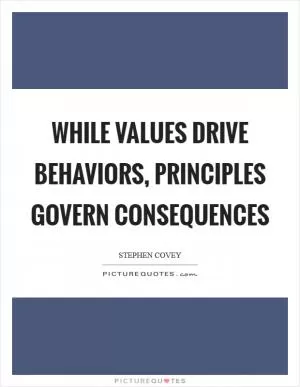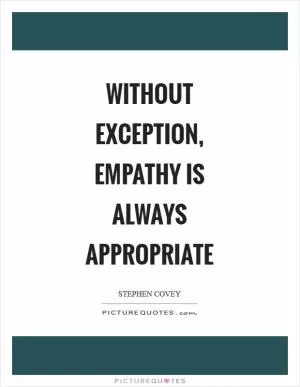When air is charged with emotions, an attempt to teach is often perceived as a form of judgment and rejection

When air is charged with emotions, an attempt to teach is often perceived as a form of judgment and rejection
Stephen Covey, the renowned author of "The 7 Habits of Highly Effective People," emphasizes the importance of effective communication in building strong relationships. One key aspect of communication that Covey highlights is the need to be mindful of the emotional atmosphere in which a message is delivered. When air is charged with emotions, an attempt to teach can often be perceived as a form of judgment and rejection.Covey's principle of seeking first to understand before being understood is particularly relevant in this context. When emotions are running high, individuals may be more sensitive and reactive to perceived criticism or judgment. In such situations, attempting to teach or offer advice can be misinterpreted as an attack on one's character or abilities. This can lead to defensiveness, resistance, and a breakdown in communication.
Covey advocates for creating a safe and supportive environment for open and honest dialogue. This involves actively listening to the other person's perspective, empathizing with their emotions, and validating their feelings. By demonstrating empathy and understanding, the emotional charge in the air can be diffused, allowing for a more constructive and productive conversation.
In the context of teaching, Covey emphasizes the importance of building trust and rapport with students or learners. When individuals feel respected, valued, and understood, they are more likely to be receptive to feedback and guidance. By fostering a positive emotional climate, educators can create a conducive learning environment where students feel safe to ask questions, make mistakes, and grow.












 Friendship Quotes
Friendship Quotes Love Quotes
Love Quotes Life Quotes
Life Quotes Funny Quotes
Funny Quotes Motivational Quotes
Motivational Quotes Inspirational Quotes
Inspirational Quotes